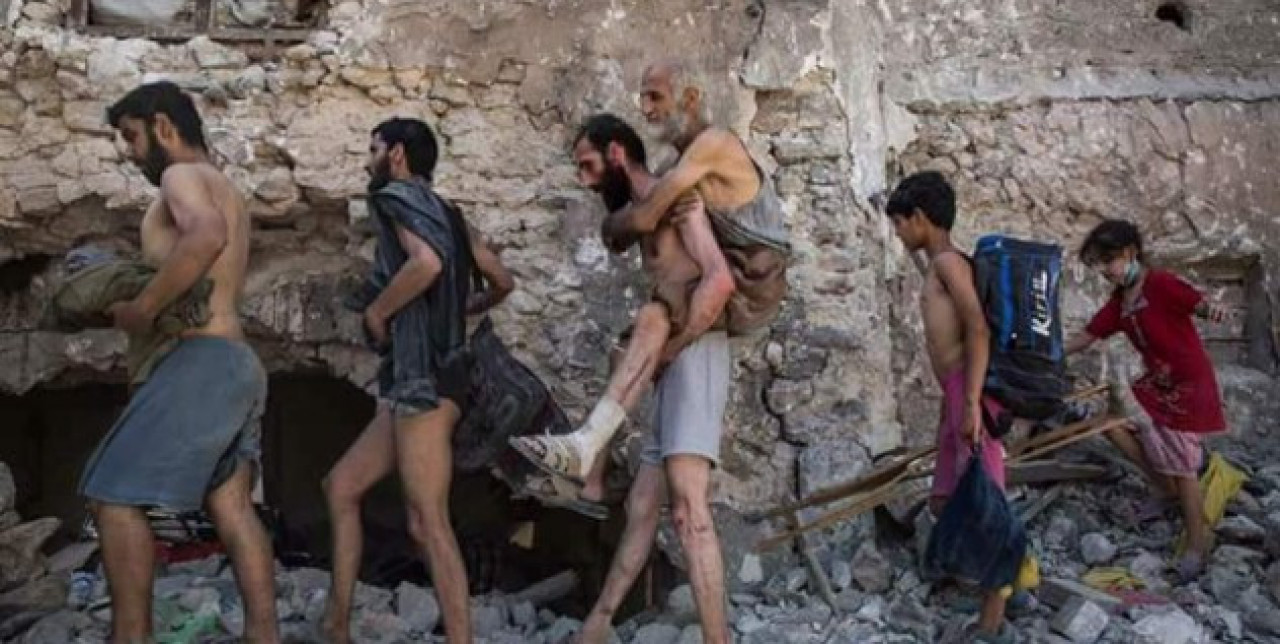17-07-2017 | di COOPI
Iraq: urge to protect civilians
Non-governmental organizations working in Iraq highlight the ongoing protection and assistance needs for civilians affected by the conflict and call for prioritized investment in inclusive recovery and resilience efforts.
Considerations for protecting civilians and ensuring access to assistance during military operations
- All armed actors to uphold their responsibility to protect civilian life and civilian objects and ensure access to life-saving assistance for those caught up in ongoing and future military offensives in Iraq.
- Coalition and partner forces to exercise distinction, proportion, and precaution in their operations across the country, while protecting civilians and facilitating their access to safety.
- Coalition and partner forces to ensure that any measures by actors to facilitate access to safety for civilians do not put them at further risk of harm—including the use of banned weapons, white phosphorous, and explosive weapons in populated areas; inadequate communication on available options of safe routes and areas; or inability to guarantee and maintain genuine safety.
- Coalition and partner forces to liaise with humanitarians to ensure assistance is accessible, protection concerns are properly monitored and addressed, and the role of impartial humanitarian organizations and their operational space is respected by all armed actors.
- All parties to the conflict to refrain from perpetrating, allowing, or ignoring other actors' use of excessive force, abuse of power, or any action that violates Iraqi civilians' human rights, regardless of real or perceived -affiliation.
Considerations for prioritizing investment in inclusive recovery and reconciliation efforts
- Coalition partners and the international community to consider the ongoing assistance and protection needs which will remain beyond the military offensives and to invest now in the future of Iraq by prioritizing early recovery and resilience initiatives.
- Iraqi leadership, with support from the international community, to develop and implement an inclusive durable solutions framework, which supports safe, voluntary, informed, and dignified returns, and provides for local integration solutions for displaced families who are unwilling or unable to return to their areas of origin.
- Iraqi authorities, local institutions, and community leaders to develop a defined strategy for governance and reconciliation which clearly addresses the root causes of conflict, such as human rights violations, political exclusion, economic marginalization and discrimination, land and governance disputes, and lack of accountability.
- All actors engaged in recovery, reconciliation, and long-term support initiatives to include the full participation of women, youth, and minority groups, and to actively engage civil society.
Read the complete Iraq_joint_advocacy_statement-July_09_2017




 Iraq
Iraq